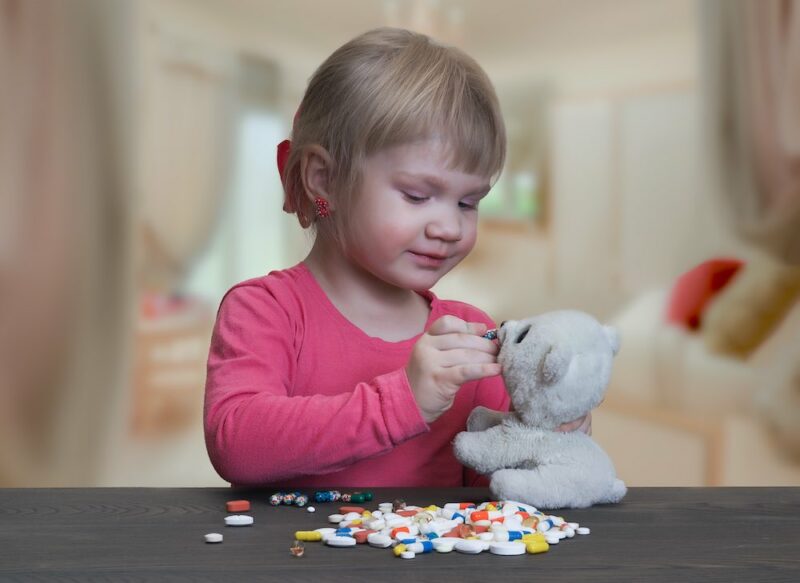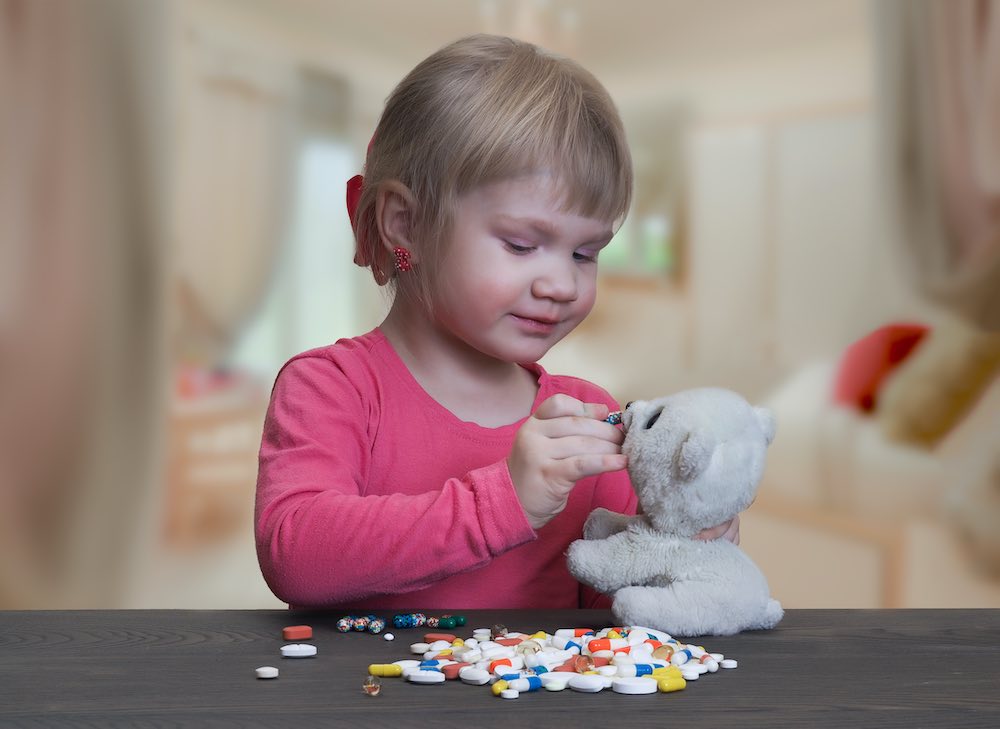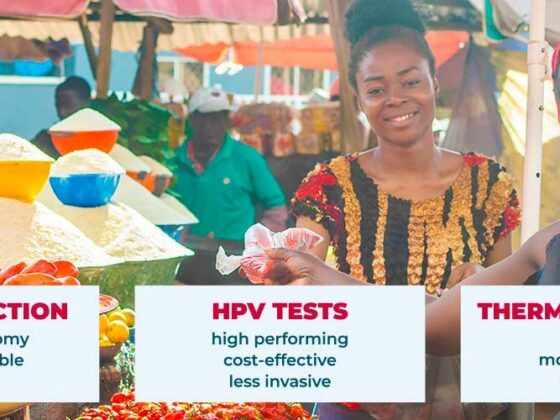A European Society for Paediatric Oncology (SIOPE) project has defined 66 anticancer medicines considered essential for treatment of children with cancer. The study, published in The Lancet Oncology, 23 December 2022, represents the first pan-European effort to systematically analyse the definition of essential anticancer medicines for children, tailored to the realities of European health-systems.
“With the results from this project, we aim to support medical staff, patient and parent organisations, governments and other stakeholders by providing this list of essential anticancer medicines,” write the authors, led by Maria Otth, from the University Children’s Hospital Zurich. “The list can additionally be used for negotiations to advocate and ensure continuous access to those medicines.” Developed purely from the medical perspective, consideration was not given to the financial cost of agents.
Cancer remains the first cause of death by disease in Europe in children older than one year, with SIOPE reporting on their website that each year more than 35,000 cases are diagnosed and over 6,000 young patients die. In 2018, SIOPE undertook a pan-European survey of 34 different countries to assess the availability of 68 anticancer medicines used to treat children and found that only 30 (44%) were available continuously in more than 90% of participating countries.
The aim of the current SIOPE Essential Anti- Cancer Medicines Project was to produce a list of anticancer medicines that are considered essential in the treatment of paediatric cancers to ensure their continuous access across Europe. “Medicine shortages can jeopardise the survival of children and adolescents with cancer,” write the authors. A secondary aim was to submit the information collected to the World Health Organization (WHO) Essential Medicines List for Children (EMLc), for assessment under the global viewpoint and to inform expansion of the WHO EMLc.
For the study SIOPE formed 16 working groups on the basis of paediatric cancer types with the working groups consisting of representatives from the SIOPE Clinical Trials Groups, Young SIOPE members and senior paediatric oncology experts. The working groups identified 73 treatment protocols used in Europe from reviews of currently used treatment protocols and existing literature for their type of cancer and identified medicines considered essential.
Altogether, the working groups identified 66 anticancer medicines and five supportive-care medicines, which included all-trans retinoic acid, alemtuzumab, bleomycin, cytarabine, dasatinib, everolimus, irinotecan, methotrexate, prednisolone, rituximab, topotecan, vincristine, and vinorelbine. Most of these agents have been used for decades and are well established.
Additionally, 25 drugs were considered promising, including bendamustine, blinatumumomab, sunitinib, sorafenib, tisagenlecleucel, topotecan, vandertanib and vermurafenib. Some of these drugs had only recently been granted marketing authorisations for paediatric indications (eg, kinase inhibitors and tisagenlecleucel); while in other cases the supporting evidence was insufficient despite their use in daily practice (eg, irinotecan for liver tumours).
The EMLc list, published in 2017, which gets updated every two years, included 22 (33%) of the 66 defined by the SIOPE analysis to be essential, and none of those defined as ‘promising’. However, the eighth edition of the EMLc list, published in 2021, included two new medicines, everolimus and vinorelbine, following applications made as a result of the SIOPE project.
“The results of this project could help to serve the needs of children and adolescents with cancer in Europe, support and guide stakeholders in the field of paediatric oncology, and reflect the current standard of care,” conclude the authors. New findings from clinical trials and the development of new treatment protocols and medicines, they add, will require the project to be regularly updated.
In an accompanying commentary, Avram Denburg, from The Hospital for Sick Children, University of Toronto, writes, “The authors rightly envision their list both as a practical call-to-arms for European countries and an ideal to which a broader range of health systems can aspire.”
However, he adds, a key question is the degree to which findings retain relevance beyond Europe. Essential medicine lists are necessary, he acknowledges, but beyond lists there is a need for translation of clinical priorities into sustained and equitable access. “Health-system research to detail context-specific barriers and facilitators along the pharmaceutical value chain will prove crucial to the design of policies to improve access to essential paediatric cancer medicines in varied health systems globally,” Denburg writes. In Europe, he adds, there is need for comparative analyses of regulation and health technology assessments of paediatric medicines, at both national and regional levels, to better characterise the structural and procedural conditions affecting market approval and reimbursement. “Value-based assessments of novel anticancer agents for paediatric indications will need to account for unique evidentiary and social-value considerations attached to child health and illness, including through the development of child-tailored health technology assessment frameworks.”












